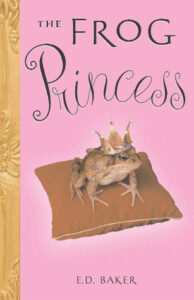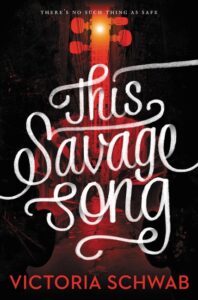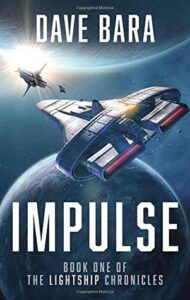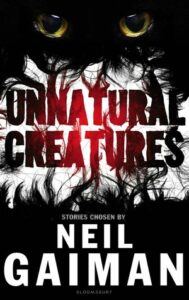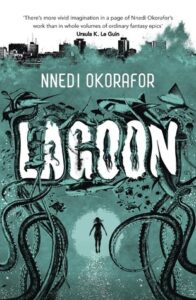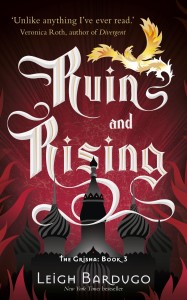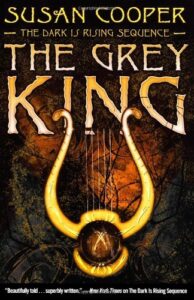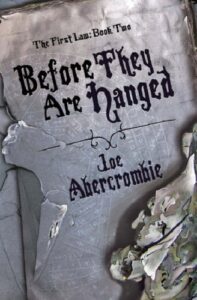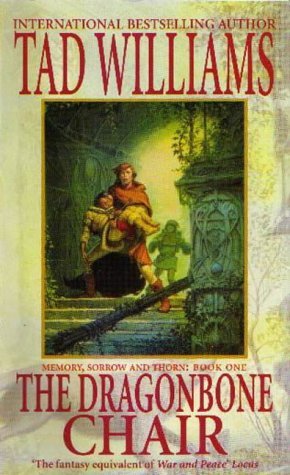 Memory, Sorrow and Thorn, Tad Williams
Memory, Sorrow and Thorn, Tad Williams
Originally reviewed February 2008
Things That Were Not So Good (first, to get them out of the way)
It was almost entirely predictable. I was several steps ahead of the characters at all times, I think. This might be because I’ve read a lot of fantasy, to some extent. Few fantasy books manage to surprise me. The other thing that annoyed me quite a lot was that it had God, Mary and Jesus and the Christian church, by other names but not disguised at all. It wasn’t necessary. Just a little invention could produce a religion that was similar, but not a carbon copy, and would serve the same purpose. The presence of a religion was pretty necessary, but it didn’t need Christianity.
One of the main characters annoyed me, too. It’s a cliché to hate the headstrong princess character, and I’m not sure what annoys me so much about her — possibly her outlook on life, and the way she reacts to things. Certainly I could tell that she was well intentioned and genuinely strong, but she still tended to get on my nerves.
Also, I never got particularly attached to the main character, Simon (Seoman). He was okay, and didn’t annoy me like Miriamele, but he just didn’t captivate me much. It reminded me very much of this article about scullery boys becoming kings — which is what he does, and not in a very creative variation on the plot.
Things That Were Good
I seem to have had a lot of gripes about it, but really, I loved it. It kept me enchanted for about a week, and I couldn’t put it down. I loved a lot of the characters, even the flawed ones. I fangirled madly about Josua Lackhand and I love the way things ended for him. I’d wanted him to become king, but the ending he got was even better because it was what he wanted. I did get some surprises, which weren’t the kind that come completely out of nowhere: reading back, the hints were there, which is always good.
I liked the Sithi. They filled the place that elves generally do in fantasy stuff, I think, but they were very much otherworldly — it wasn’t just their ears that were different, or just that they were immortal. They were incomprehensible to the human characters — chilling, even when they were their allies.
I loved that the ending was a logical place to end the story, but it didn’t wrap everything up so nothing more could be said. Their world needs rebuilding, and there’s a prophecy about two children, and everything’s set to go on… but Tad Williams isn’t planning on writing anymore for that world. I know some people dislike that in a set of books, but I like wondering.
I definitely recommend the series if you like fantasy and don’t mind that you’ll probably figure things out well in advance of the characters.
Rating: 4/5

